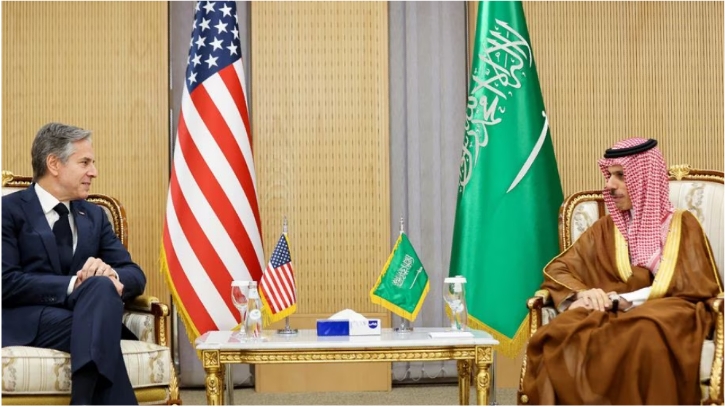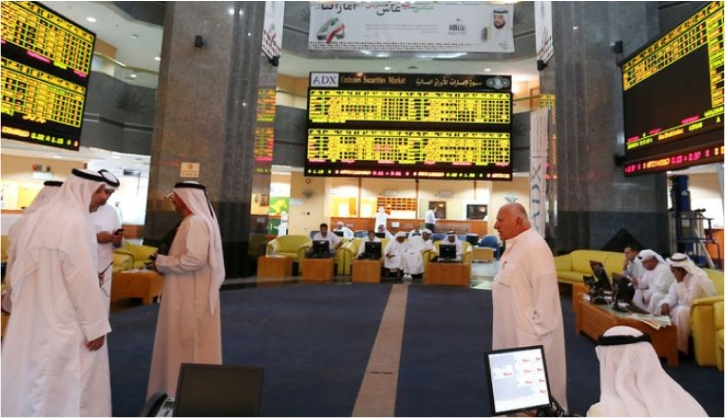
In Turkey’s historic runoff, President Recep Tayyip Erdogan has emerged as the frontrunner with almost all votes counted, positioning himself to extend his two-decade-long rule until 2028. According to Anadolu state news agency, with 96 percent of the ballots counted, Erdogan secured 52.3 percent of the vote, while his secular rival Kemal Kilicdaroglu obtained 47.7 percent.
Initial results, based on 35.8 percent of the opened ballot boxes, indicated that Erdogan held 56.4 percent support against Kilicdaroglu, as reported by broadcaster NTV. However, it was anticipated that the gap between the two candidates would narrow as larger ballot boxes from cities were opened and included in the count.
In contrast, opposition broadcaster HalkTV presented data suggesting Kilicdaroglu was leading with 51.04 percent of the votes, with approximately 48 percent of the ballot boxes opened. The situation remained fluid as more votes were tallied and the final outcome became clearer.
The election runoff between Erdogan and Kilicdaroglu held significant importance as it determined the country’s political trajectory for the foreseeable future. A victory for Erdogan would enable him to prolong his rule, which began in 2003 as prime minister and continued with his transition to a powerful executive presidency in 2018.
The results showcased a divided nation, with Erdogan maintaining a lead but facing significant opposition. Kilicdaroglu’s strong performance revealed a substantial base of support for the secular opposition. The outcome of the election would undoubtedly shape the balance of power in Turkey and impact its domestic and foreign policies.
As the counting process continued and more ballots were opened, the margin between the candidates was expected to fluctuate. Both Erdogan and Kilicdaroglu awaited the final verdict, hoping for a favorable outcome that would align with their respective visions for Turkey’s future.
The Turkish people closely watched the election, recognizing its significance in shaping the country’s political landscape. The outcome would not only determine the leadership but also influence the direction of policies on key issues such as the economy, human rights, and international relations.
In the coming days, as the final results were announced, Turkey would witness the implications of this historic runoff. Regardless of the outcome, the nation would be shaped by the leader who secured victory, setting the stage for the years ahead and potentially shaping the trajectory of Turkish politics for years to come.














